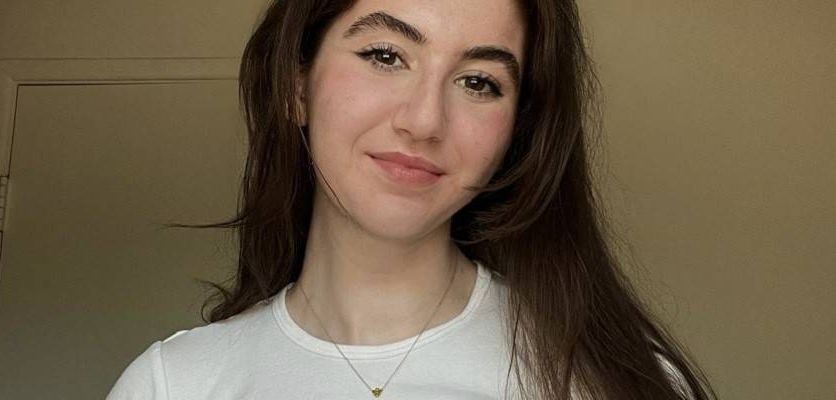IALA x h-pem | my letter to the missed armenian
April 04, 2022 - October 02, 2022
“my letter to the missed armenian” is a moving elegy for a fallen Armenian soldier, maybe during the Artsakh conflict, whose slow dissolution moves the speaker toward lamentation. It is a gravepoem, a poem that describes how death unloosens the body bit by bit into disappearance. Impressively, the poem’s structure magnifies our perception of an impending absence. The large blank spaces that surround the poem and migrate into it, the gaps already floating inside some of the lines, the lack of punctuation and strict margins, all add to our sense of an emptiness taking hold. It’s as if the poem itself were dissipating, though not before startling us with its imagery and phrasing and heightening the possibilities of language. How unusual it is to describe a bloody death as “red ink” written on the grass; no one, perhaps, has described war as a “taunt ill”; and in one of the best passages of the poem, the speaker’s willingness to sacralize the soldier’s death takes an incantatory tone: “i’ll / sing your fingerprints / i’ll / publish a common book / and control the blasts of / blanched clouds.” It is a poem that locates the departures and absences that Armenians have historically endured squarely in the death of one Armenian soldier, the all residing in the one, the past merging into the present. Finally, this empathic communion between the then and the now which the speaker feels on the skin gives the poem a final hopeful tone: that the body returning to the earth seeds it for a second renewal, and all that has been left unsaid might appear again like a new flowering of words on the tongue.
Commentary provided by YAPA contest judge Gregory Djanikian.
read these words, follow
my words, my tongue
i’m sorry, so, so sorry
that my chants and money are of
no aid
that my laughing and heart are of
no joy
these cheap dreams, give the grass a red ink
i see a stranger wounding dour ankles
extending that pain through my veins to reach yours
unplucked stems are your legs, stuck in the mud
wasted, exhausted mud
give me your hands and
i’ll
sing your fingerprints
i’ll
publish a common book
and control the blasts of
blanched clouds
can’t i fight this war?
can’t i defeat the taunt ill?
work until dawn, choke out the green smoke
stain your uniform with
spotted blood
a collapse of knives and servants
how unfortunate, a wife’s son given away
to the tide of mountained bodies
becoming another stubborn stranger
to the depths of another black hole
scattered like seeds, only your fingers
touch roots
and i hear your message from miles away
what can i do?
.jpg) Juliette Hagobian
Juliette Hagobian Holy Martyrs Ferrahian High School
Granada Hills, CA
17 years old
Any additional references or recommendations? We would love to hear your suggestions!
Join our community and receive regular updates!
Join now!



Attention!